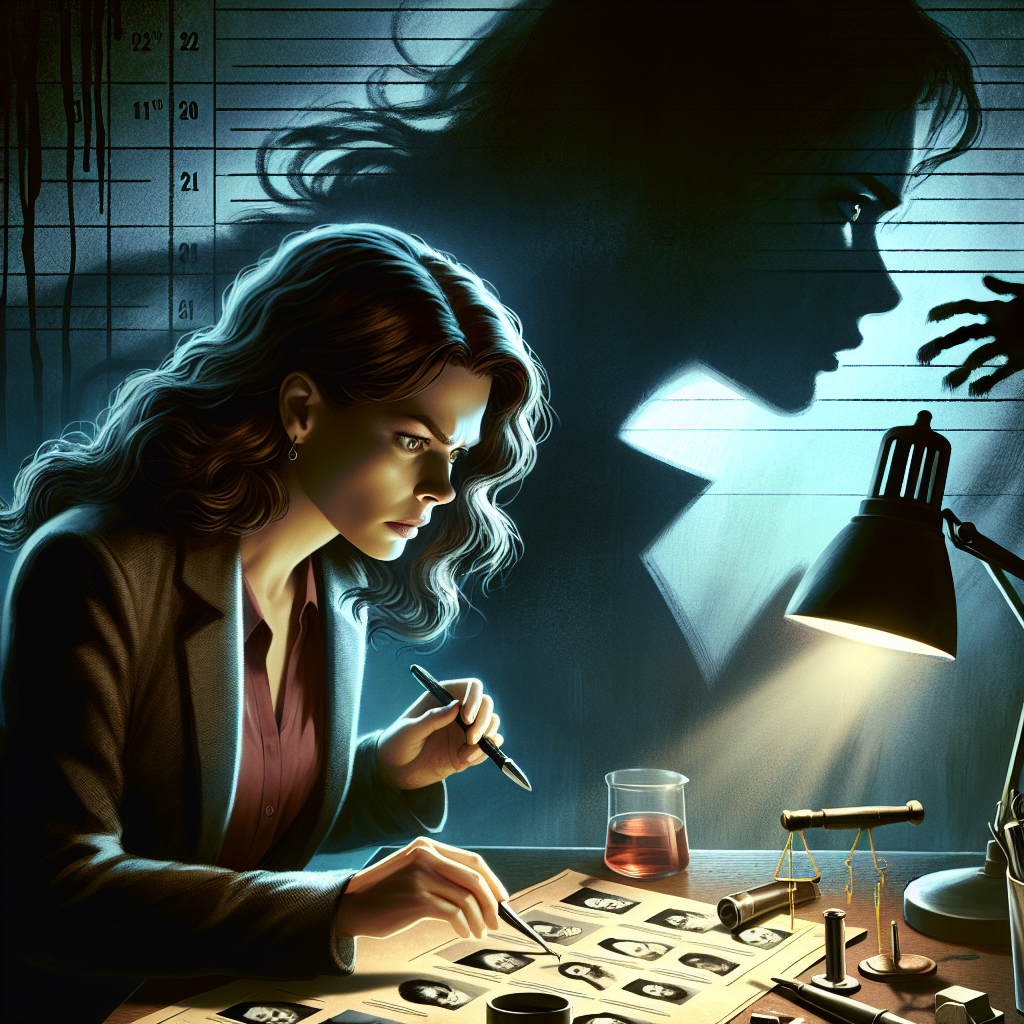
Best Thriller Movies Based on Books

The thriller genre, with its unique ability to grip audiences with suspense, excitement, and psychological depth, has been a staple of both literature and cinema for decades. The transition from page to screen is a fascinating process, often resulting in cinematic masterpieces that stand the test of time. This article delves into some of the best thriller movies that originated from books, exploring the magic they bring to the screen and the impact they've had on audiences worldwide.
The Art of Adaptation
Adapting a book into a movie is an art form in itself, requiring a delicate balance between staying true to the original material and making the story accessible and engaging for a cinematic audience. The best adaptations are those that capture the essence of the book while exploring the visual and auditory possibilities that cinema offers. This process often involves expanding or condensing characters, themes, and plots to fit the medium's pacing and scope.
Iconic Thriller Adaptations
Over the years, several thriller novels have been transformed into films that not only captivate audiences but also achieve critical acclaim. Here are some notable examples:
- The Silence of the Lambs (1991) - Based on the novel by Thomas Harris, this film is a quintessential psychological thriller that explores the mind of a cannibalistic serial killer, Hannibal Lecter. Its success is attributed to the brilliant performances by Anthony Hopkins and Jodie Foster, and it remains one of the few films to win the "Big Five" Oscars.
- Gone Girl (2014) - Adapted from Gillian Flynn's novel, this film directed by David Fincher delves into the complexities of a modern marriage and the media's influence on public perception. Its twisty plot and dark themes have made it a modern classic in the thriller genre.
- Shutter Island (2010) - Directed by Martin Scorsese and based on the novel by Dennis Lehane, this psychological thriller takes viewers on a haunting journey to a remote mental asylum, with a plot that keeps audiences guessing until the very end.
- The Girl with the Dragon Tattoo (2011) - This film, based on the novel by Stieg Larsson, combines mystery, drama, and suspense in a gripping tale of investigation into a decades-old disappearance. The movie, directed by David Fincher, is noted for its dark atmosphere and complex characters.
What Makes a Successful Adaptation?
Several factors contribute to the success of a book-to-film adaptation in the thriller genre:
- Faithfulness to the Source Material: While some deviations are necessary, maintaining the book's tone, theme, and core storyline is crucial for capturing the original audience's interest.
- Character Development: Effective adaptations delve deep into character backstories and motivations, making them relatable and engaging for the audience.
- Atmosphere and Tone: The visual and auditory elements of cinema can enhance the book's atmosphere, creating a more immersive experience for viewers.
- Innovative Storytelling: Utilizing the cinematic medium to tell the story in unique and compelling ways can add value to the original narrative, making the adaptation stand out.
Challenges of Adapting Thrillers
Adapting thriller novels into movies is not without its challenges. The intricate plots and complex characters that define the genre can be difficult to translate into a visual medium. Additionally, maintaining suspense and tension, crucial elements of the thriller genre, requires skillful direction and editing. There's also the risk of alienating fans of the book if significant changes are made during the adaptation process.
Case Study: The Girl on the Train
A notable example of the complexities involved in adapting thrillers is The Girl on the Train (2016), based on the novel by Paula Hawkins. The film received mixed reviews, with some critics praising its faithfulness to the source material, while others felt it failed to capture the book's psychological depth. This case highlights the delicate balance required in adaptation, where diverging too much or too little from the source material can impact the film's reception.
The Future of Thriller Adaptations
As technology advances and audiences' tastes evolve, the future of thriller adaptations looks promising. Streaming platforms have opened new avenues for storytelling, allowing for longer, more detailed explorations of complex novels that might not fit the traditional two-hour movie format. This could lead to more faithful adaptations of lengthy or intricate thrillers, offering viewers a deeper and more satisfying experience.
Conclusion
The journey from book to screen is fraught with challenges, especially in the thriller genre, where maintaining suspense and character depth is paramount. However, when done correctly, adaptations can breathe new life into the source material, introducing these gripping tales to wider audiences. The best thriller movies based on books remind us of the power of storytelling across mediums, capturing our imaginations and keeping us on the edge of our seats. As we look forward to future adaptations, it's clear that the relationship between literature and cinema will continue to thrive, offering endless possibilities for storytelling innovation.
https://pbpreviews.com/best-thriller-movies-based-on-books/?feed_id=224&_unique_id=666bb9fd329cd
Comments
Post a Comment